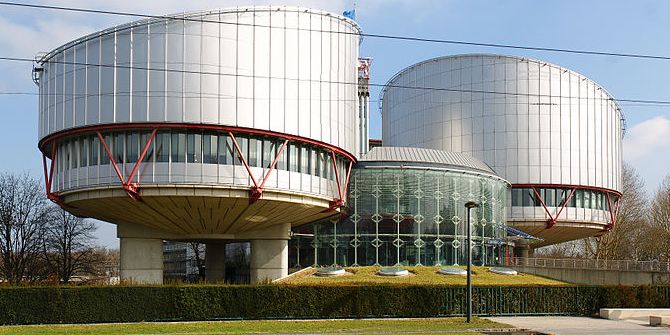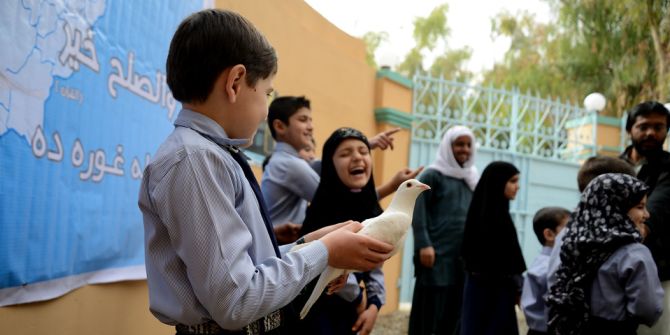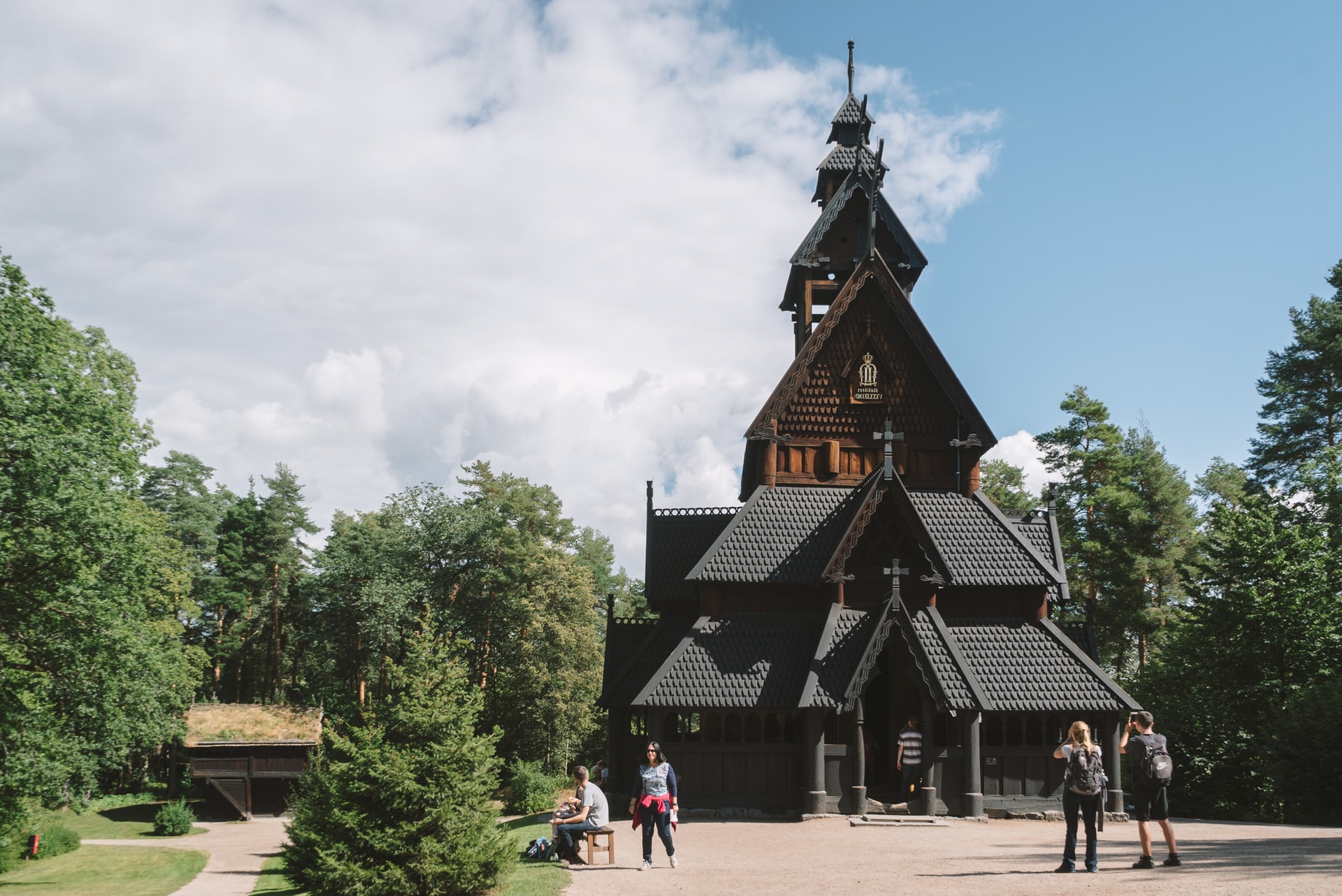Strengthening Afghan civil society has been seen as central to the post-2001 peacebuilding process by national and international actors engaged in Afghanistan. But limited attention has been given to who are considered civil society actors and what role religious actors could play. Kaja Borchgrevink revisits her work on Afghan civil society 10 years on arguing that more consideration needs to be given to the role of religious actors as part of civil society and their potentially significant role in peacebuilding.
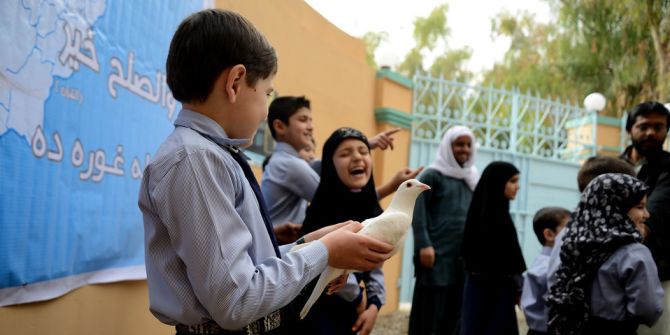
Religious civil society
Although civil society is always present in some form, war and conflict impact and transform it. Inevitably, almost 40 years of armed conflict has changed the nature of Afghan civil society. While both formal and informal institutions eroded during periods of war, local religious civil society institutions continued to be significant. Legitimized by religious authority and deeply rooted in traditional norms and practices, religious actors and institutions retain considerable influence on the moral values, social practices and political opinions of many Afghans.
Although Islam is a significant factor influencing daily life of many people in Afghanistan, Islam takes diverse forms. Over the years, Islam has become highly politicized making religious civil society heterogeneous with respect to political opinion. It comprises reform-friendly, pro-government moderates; Islamists; conservative-minded traditionalists; and radical fundamentalists. The public debate is therefore influenced, not by one, but by many competing groups who all speak the language of religion.
Most religious institutions in Afghanistan are not formal organizations, rather theyare similar to other traditional organizational forms in Afghanistan, such as the traditional village councils (shuras or jirgas). Religious civil society in Afghanistan is made up of informal, indigenous, religious actors and institutions, such as the mosque, the religious seminaries (madrasas) and religious leaders (mullahs and ulema).
Since 2001, donors have mainly supported formally established organizations, often in the form of non-governmental organizations (NGOs). Focused on the service-delivery role of civil society, donors commonly view these types of organizations as effective implementers of reconstruction and development activities. More traditional civil society actors and institutions – above all, the Afghan ones – do not commonly perform these types of functions.
Civil society functions
Religious civil society actors and institutions first and foremost perform religious functions, providing theological, moral and spiritual guidance and education and assisting daily religious practice and life-cycle rites. But these religious actors also perform functions that are relevant to peacebuilding. By analyzing the function of religious civil society in Afghanistan (based on qualitative case studies from Wardak and Kunduz), five civil society functions can be identified:
(i) Socialization and social cohesion
As authoritative guardians of religious norms and practices, religious leaders and institutions are important sources of socialization. They have the potential to strengthen internal bonds between members in a community and to act as a bridge between different groups. Their position, however, can also be used to divide groups.
(ii) Public communication and advocacy
The mosque is a place that is used not only for religious services but also to share information of public relevance and to spread political messages. The Friday prayer, in particular, is an important and influential institution. In performing this function, religious leaders are opinion-makers, expressing a range of civil society voices.
(iii) Mediation and conflict resolution
Knowledge of religious law and general religious authority and standing in their communities, religious leaders engage in mediation and resolution of local conflicts.
(iv) Intermediation
The relative independence of the sphere in which ulema and local mullahs operate places them in a position to act as interlocutors between their own communities and external agents, such as state, aid agencies and NGOs.
(v) Resource distribution and social security
While formal Islamic charity organizations are rare in Afghanistan, mosques perform social security functions through charity and redistribution of resources within the community.
Claiming moral authority, religious actors maintain relative independence from the state which places them in a position to counterbalance state powers and perform functions that are not taken care of by the state or are seen as outside the state’s domain. The clergy can also give legitimacy to the ruler and help define what are considered appropriate moral values. These values vary, however, from one religious leader or community to another and can include the promotion of tolerance and peaceful coexistence but also intolerance and the use of violence. As such the civil society functions performed by religious actors and organizations are ambiguous and can be used for various agendas. They are used both in support of and against the current government, and to promote peace and development, or hostility and conflict, more generally. It is partly this ambiguity that makes it critical to include religious actors and institutions in peace and reconciliation processes.
Tensions and collaboration
The values and agendas of modern civil society and the traditional religious civil society in Afghanistan are often in conflict. Despite their differences, however, actors within modern Afghan civil society (predominantly Kabul-based and ‘elitist’) are more active than the Afghan government and international Western donors in involving religious leaders. Acknowledging the importance of religion in peoples’ lives and the respect and influence still enjoyed by many religious leaders and institutions, modern Afghan civil society sees a need to include traditional religious actors in its work: to consult, engage and create an understanding among the clergy and religious civil society actors in relation to central concepts in the development agenda, particularly with regard to human rights and democratization, where differences and misconceptions are most evident.
In policy and programme documents, the significance of religious actors and their role – or potential – as agents of social change are acknowledged by the Afghan government, other international governments and modern civil society actors. Closer examination, however, reveals that the relationship between religious leaders, the government and other development actors is often one-directional. Government and other development actors seek to use the voice of the clergy to legitimize policies and interventions and to gain access to project beneficiaries. Over the years, some actors, including international NGOs and donor agencies, have included religious actors in their programs and have put effort into either creating space for an autonomous role for religious actors in peacebuilding or establishing genuine dialogue.
These initiatives are limited, however. The limited engagement from the side of the international community can partly be explained by a lack of familiarity, not knowing how to appropriately engage and political sensitivities in donor home countries. As well as this, stereotyping of religious leaders and institutions as militant fundamentalists – often equated with the Taliban and radical religious seminaries (madrasas) – makes it difficult politically to include religious actors and institutions as partners in civil society. Within the Afghan government and the international community there are also concerns about making religious actors more powerful by granting them formal authority and recognition. Clearly there is a need to critically assess which civil society actors to support and partner with (this goes for all civil society actors, religious and not). Despite these concerns, there is a need to include religious actors as part of civil society, not for their instrumental value but as actors that, owing to their position in society, hold the potential to effect change. If what is defined as civil society becomes too narrow, governments and donors risk excluding a broader set of actors and institutions that, while less formal and perhaps more difficult to identify and categorize, are potentially important stakeholders in peacebuilding.
About the author
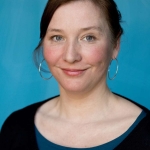 Kaja Borchgrevink is senior researcher at the Peace Research Institute Oslo (PRIO).
Kaja Borchgrevink is senior researcher at the Peace Research Institute Oslo (PRIO).
Note: This article was originally published on the earlier LSE Religion and the Public Sphere blog.
Note: This piece gives the views of the author, and not the position of the LSE Religion and Global Society blog, nor of the London School of Economics.


